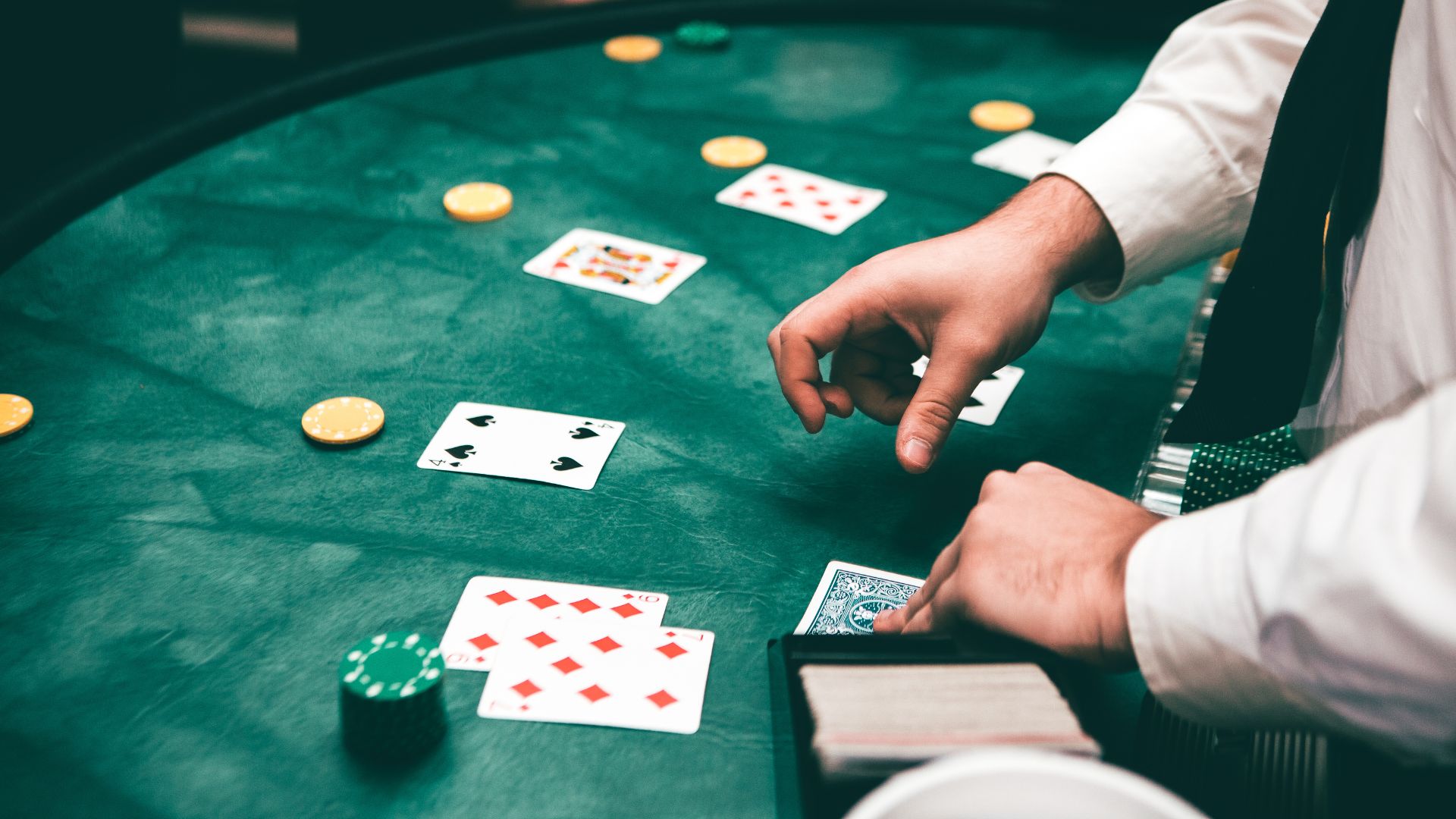Few experiences can be as disheartening for a poker player as suffering a bad beat. Despite your best strategies and skills, an underdog with a stroke of luck can dismantle your position in a heartbeat.
Understanding how to deal with these frustrating situations is crucial for maintaining your composure and ensuring continued success in poker.
Understanding Bad Beats
Before we expand into coping strategies, it’s essential to understand what bad beats are. In poker, a bad beat happens when a player who initially holds a superior hand loses to an opponent who manages to catch up by achieving an improbable combination of cards. This often occurs despite the odds being heavily stacked against the less favoured hand.
Coping Mechanisms for Bad Beats
1. Emotional Management
Maintaining emotional control is an essential aspect of handling bad beats. It’s natural to feel frustrated when you lose despite having a strong hand, but it’s vital to keep your emotions in check. Remember that poker is a game of strategy and probability, and while you can control your strategy, you cannot control the probability.
2. Consider the Mathematics
Another useful approach is to consider the mathematics involved in poker. The odds might have favored you, but remember that there’s always a chance, no matter how slim, that your opponent could draw a winning card. Understanding this fundamental aspect of poker will help you see bad beats as part of the game rather than a personal affront.
3. Refrain from Negative Self-Talk
Bad beats can often lead to negative self-talk, which can damage your morale and performance. Instead of berating yourself for a loss, try to view it objectively as a combination of cards that were out of your control.
Strategies to Deal with Bad Beats
1. Learning from the Experience
As with any setback, a bad beat can provide valuable lessons. Analyzing the game retrospectively can help you identify any missteps in your strategy or gaps in your poker knowledge. While it won’t change the outcome, it will give you insights to improve your game in the future.
2. Taking a Break
If a bad beat has upset your mental balance, it might be wise to take a break. Step away from the table, breathe, and clear your mind before you continue to play. This prevents any lingering frustration from affecting your gameplay.
3. Seeking Support
Sometimes, talking about your experience can help alleviate the frustration. Seek support from fellow poker players who understand the disappointment of a bad beat. They can offer sympathy, encouragement and possibly share their own experiences and coping strategies.
The Upside of Bad Beats
While it may seem counterintuitive, there is an upside to bad beats. They keep the game unpredictable and exciting. Poker would lose its charm if the best hand always won. The possibility of a bad beat keeps each player on their toes, adding a layer of intrigue to the game.
Increasing Your Poker Network
One effective way to deal with bad beats in poker and enhance your overall poker experience is by expanding your poker network. Building connections with other players can offer numerous benefits beyond just emotional support. By networking with fellow poker enthusiasts, you gain access to a wealth of knowledge, strategies, and insights that can help you navigate the highs and lows of the game.
Joining a poker community or participating in local poker events allows you to meet like-minded individuals who share your passion for the game. Engaging in discussions, sharing experiences, and exchanging ideas can be invaluable for improving your skills and broadening your perspective on poker. You may discover alternative strategies or new approaches to handling bad beats that you hadn’t considered before.
Moreover, expanding your poker network can open doors to new opportunities such as friendly home games, private tournaments, or even collaboration with other players for joint ventures. Collaborative efforts can provide a supportive environment for growth and development, where you can collectively analyze bad beats and brainstorm innovative solutions.
Conclusion
A bad beat in poker can be disheartening, but remember, it’s part of the game that makes it exciting and unpredictable. Rather than letting it ruin your mood or your game, try to view it as an opportunity to learn and improve.
By implementing emotional control, considering mathematics, and learning from your experiences, you can effectively cope with bad beats and maintain a positive attitude toward your poker journey.
Poker is a blend of mental fortitude, strategy, and skill. The capability to recover from a bad beat could differentiate you as a player. While winning is common, it’s handling losses effectively that makes you a standout player.
